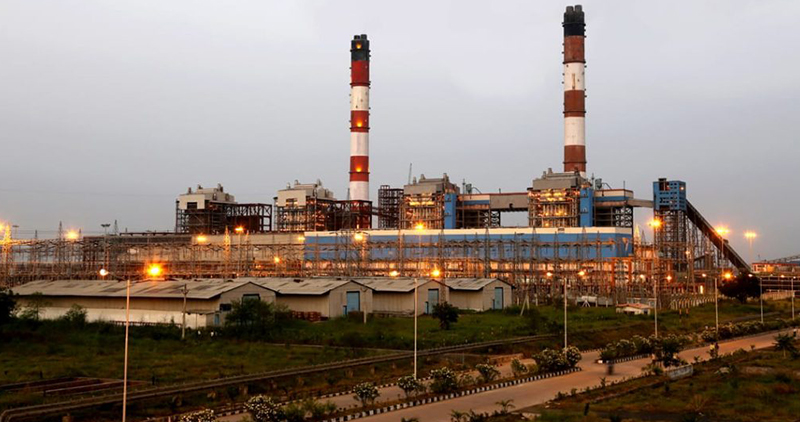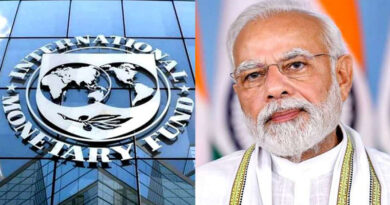Gehlot government to increase 2120 MW power production: CM approves 3 ultra-supercritical power units, production will increase in Chhabra-Kalisindh.
To give relief to Rajasthan which is facing power crisis, the government will set up 3 new thermal base power plants. Due to which 2120 MW power generation will increase. Two units of 660-660 MW capacity will be installed in Ultra Supercritical Technique Based Thermal Power Project at Chhabra Thermal Power Plant in Baran district of Rajasthan Rajya Vidyut Utpadan Nigam. An ultra supercritical thermal power project of 800 MW capacity will also be set up at Kalisindh Thermal Power Plant in Jhalawar district. The proposal has been approved by Chief Minister Ashok Gehlot. Once the approval is granted, the work on these projects will start. These units will be operational in the next 4 years.
15660 crores 64 lakhs will cost on 3 units
With the approval of the Chief Minister, Chhabra Thermal Power Project will be expanded and two ultra supercritical technology based units costing Rs 9606.06 crore will be set up. Also, in the expansion of Kali Sindh Thermal Project, one Ultra Super Critical Unit will be set up at a cost of Rs.6054.58 crore. The Rajasthan government wants to make the state self-dependent in power generation. Gehlot has directed the state to make power surplus. With the installation of these units, the development of the local area will take place. Along with this, employment will also increase. Gehlot had announced in the budget 2022-23 to set up important ultra supercritical technology based thermal power projects in the thermal power plants of Udyog Nigam in view of saving coal, reducing pollution and environment protection.
Coal based power plants capacity will increase from 7580 MW to 9700
The coal based power plants units in Rajasthan have a total capacity of 7580 MW. Of these, 3240 MW capacity plants draw coal supply from Coal India’s SECL and NCL while 4340 MW plants are linked to Rajasthan Vidyut Utpadan Nigam’s own captive coal mines in Chhattisgarh. According to sources, the energy demand of the state will be there in the next 5 to 7 years. In view of that the CM has taken this decision. Plants have only seen this aspect by rising above party sentiments, where infrastructure facilities are available, where new plants can be set up at a lower cost. Ultra super critical plants are more eco friendly. Older power units emit more carbon and gases. Coal consumption is also less in ultra super critical units.


